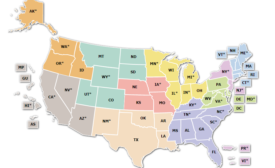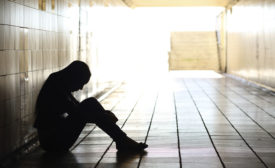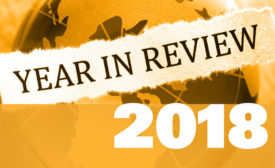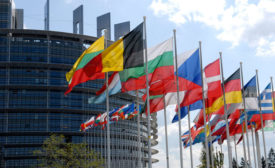Home » mental health
Articles Tagged with ''mental health''
First responders, 9/11 terrorist attack survivors at risk
High rate of drug/alcohol-related deaths in WTC survivors
October 24, 2018
Become a Leader in Safety Culture
Build your knowledge with ISHN, covering key safety, health and industrial hygiene news, products, and trends.
JOIN TODAYCopyright ©2025. All Rights Reserved BNP Media.
Design, CMS, Hosting & Web Development :: ePublishing







